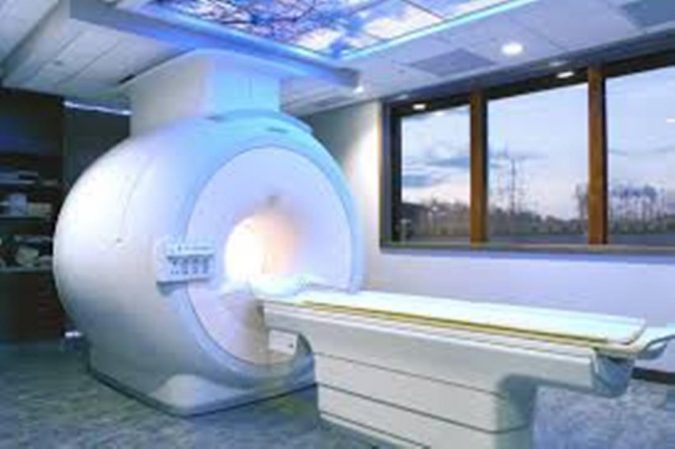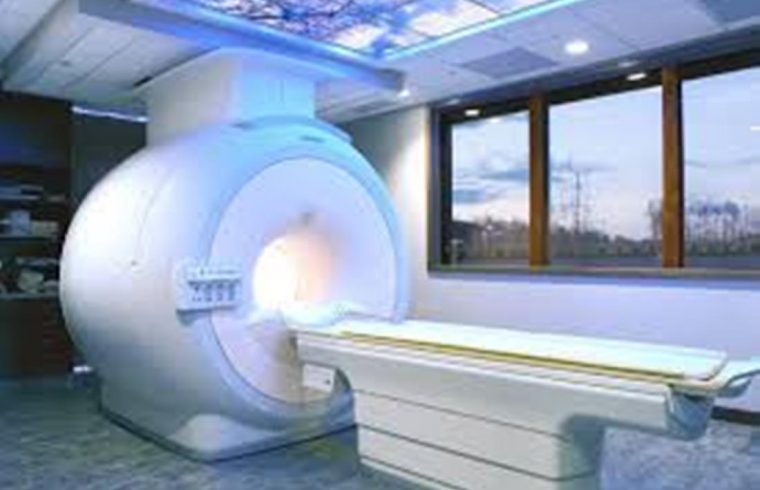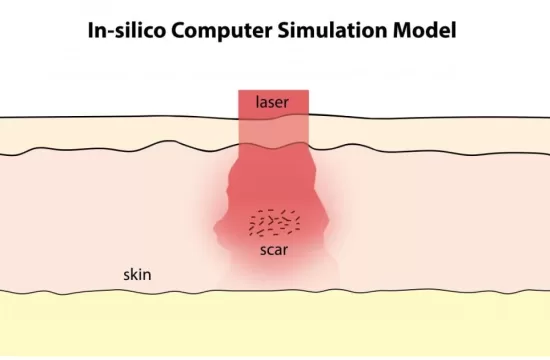ASN—A prototype Magnetic Resonance Imaging (MRI) machine that can be built at low cost and produces high-quality neuroimaging is reported in Nature Communications. The machine can help provide access to MRI across low- and middle-income countries, as well as at the point of care.

Magnetic resonance imaging (MRI) is the most valuable clinical tool used for assessing brain injuries and disorders, but it is estimated that around 70% of the world’s population has little or no access to it. Conventional MRI machines cost around US$1–3 million and have maintenance costs of around US$15,000 per month. They also have high power requirements to, for example, refrigerate the superconducting magnets.
Ed X. Wu and colleagues detail the development of a compact, low-cost, mobile, ultra-low field (0.055 Tesla) MRI machine. They estimate the machine could be built in quantity with material costs under US$20,000 and could operate from a standard AC wall power outlet, with neither radiofrequency nor magnetic shielding.
By using deep learning, they were able to cancel electromagnetic interference and the machine produced high-quality structural neuroimaging that could be used to successfully diagnose brain abnormalities. The authors conducted preliminary assessments with 25 patients to diagnose neurological diseases, including stroke and tumors. When compared to conventional 3 Tesla MRI scans, their machine detected the most key pathologies in all patients.
The authors conclude that this technology has the potential to fulfill unmet clinical needs across healthcare communities. They are making the key code and designs freely available in a public online repository.







